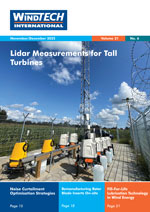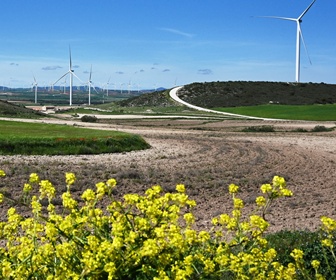The integration of approximately 60% of renewables into the European electricity system will be feasible by 2030, but will come with an extensive expansion of infrastructure, including transmission and distribution networks as well as conventional backup generation.
The challenges of grid integration of renewables can be mitigated by a number of technical and regulatory measures. These are the findings of a DNV GL study for the European Commission, looking at the impact of renewables on distribution grids both locally and across regions within Europe, carried out in conjunction with Imperial College London and NERA Economic Consulting.
The study assesses the integration of renewable energy sources into the existing grid until 2030, concluding that the need for expansion strongly depends on the different structures of European distribution grids as well as the mix of distributed generation technologies (e.g. wind , PV-plants and mini-CHP) in individual countries. Moreover, the analysis shows that different measures like smart grid technologies can be taken to minimise the need for distribution expansion. These include examples such as active voltage control by distribution networks and decentralised generators, a selective use of decentralised energy storage, or a limited restriction of solar PV to avoid excessive peaks of decentralised generation. In addition, Demand Response stands out as a particularly promising measure to reduce costs, especially in the light of the significant load growth assumptions taken from the scenarios of the EU Energy Roadmap 2050. If deployed alongside a balanced geographical distribution of renewables, i.e. taking wind and solar capacities away from the best resource location and towards load centres, the cost of integrating renewables can be significantly reduced.








